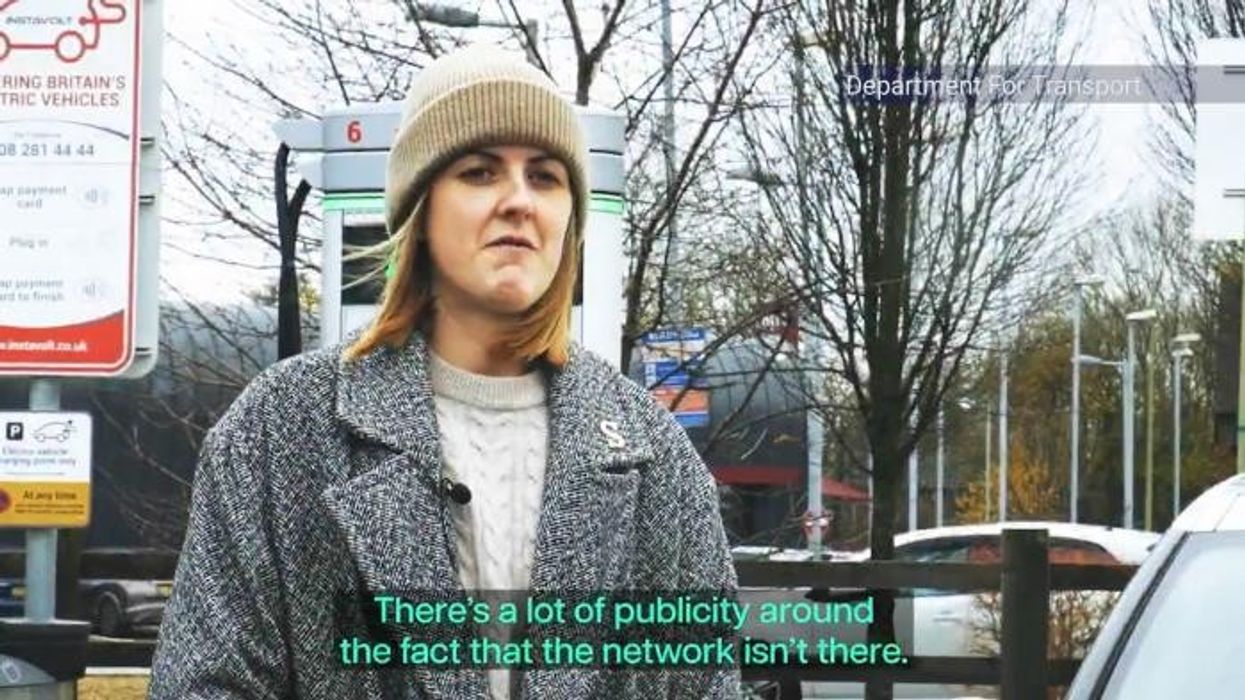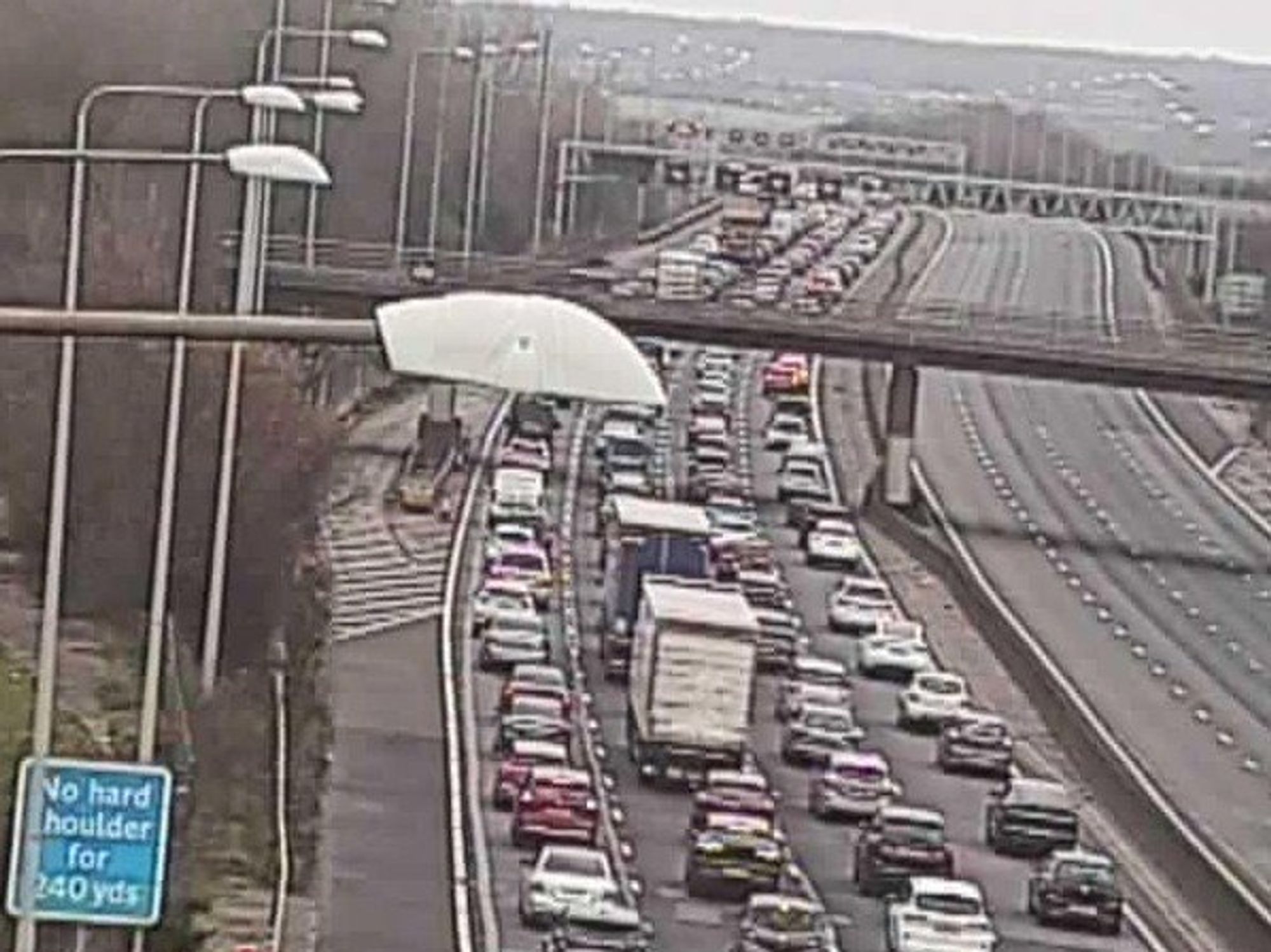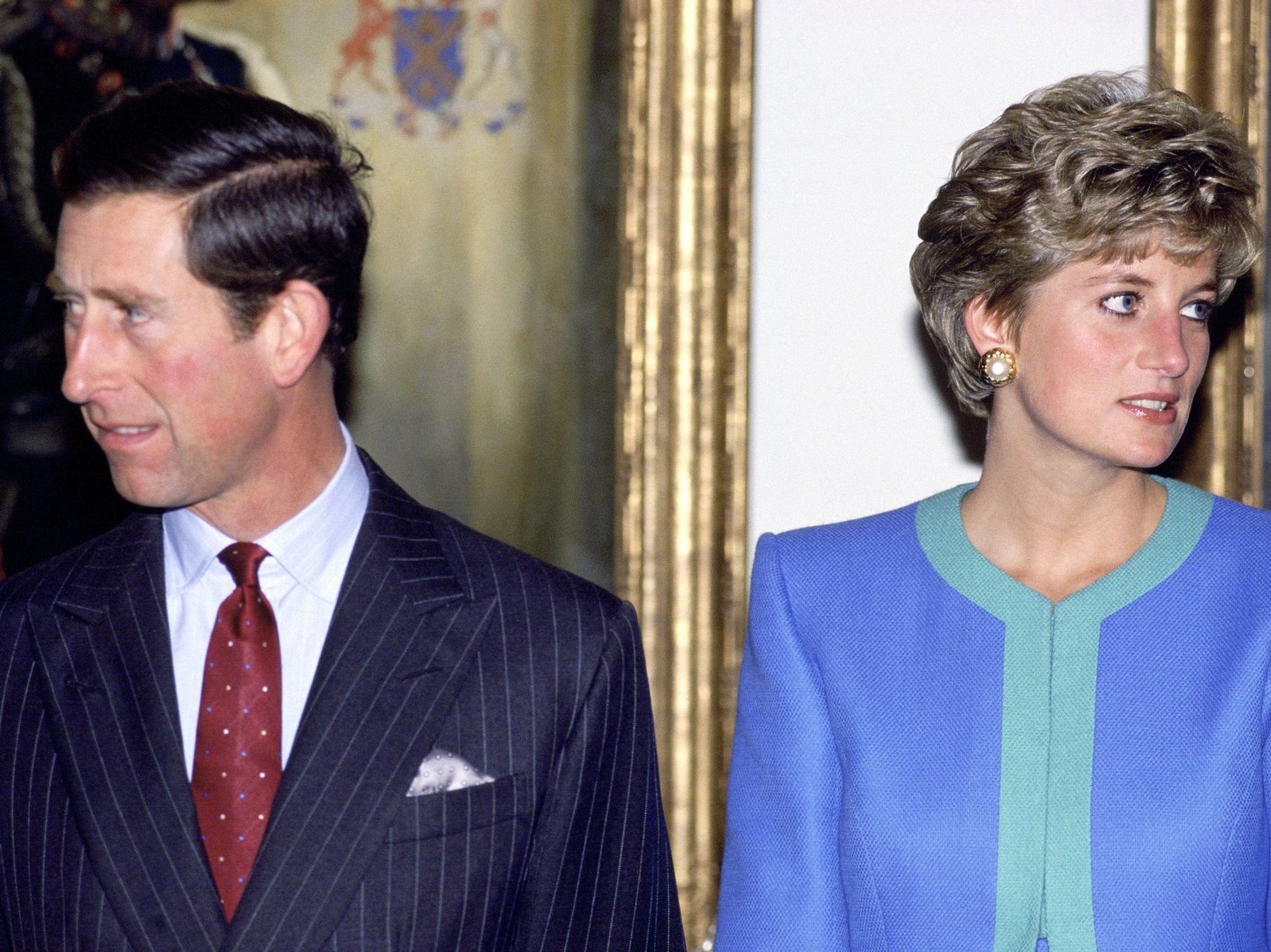New electric vehicle rules could see major VAT law changes for drivers at public chargers

Experts and drivers have called on the Government to make VAT changes for the past few years to help more Britons make the switch to electric
Don't Miss
Most Read
Latest
Electric vehicle drivers could soon see major changes made to public charging stations which could help them save money.
MPs are set to debate proposed changes to VAT rates on electric vehicle charging, with a private members bill seeking to eliminate additional charges entirely for public charging points.
Conservative MP Sir Christopher Chope has introduced the Exemption from Value Added Tax (Public Electric Vehicle Charging Points) Bill to address the current disparity between public and home charging costs.
The legislation aims to tackle the significant price difference between public charging, which carries a 20 per cent VAT rate, and home charging, which benefits from a reduced five per cent rate.
Do you have a story you'd like to share? Get in touch by emailing motoring@gbnews.uk
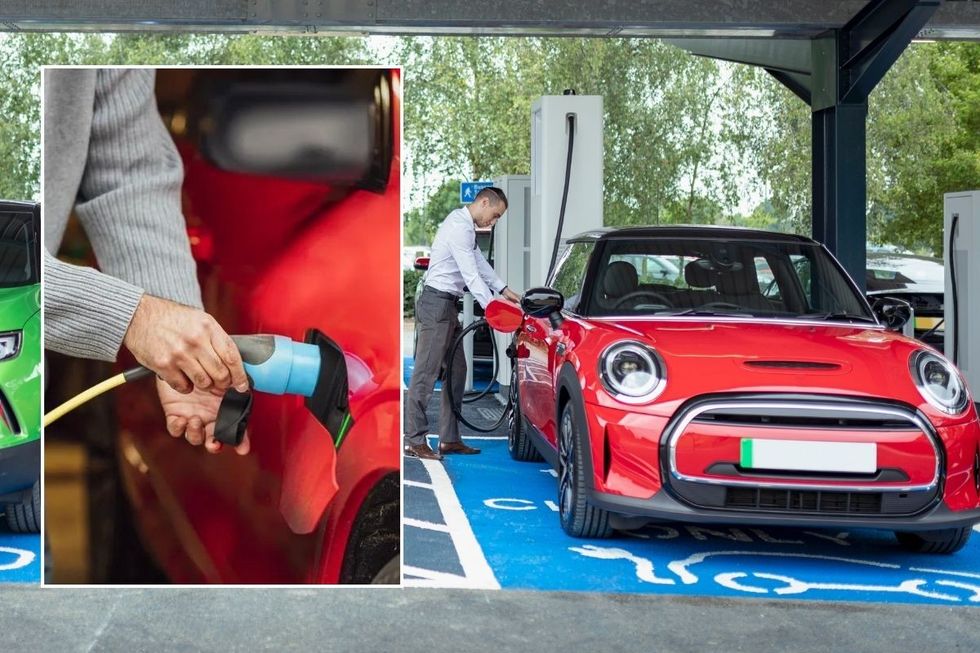
If the rate of VAT is cut, drivers could see massive savings at public EV charging stations
|GETTY
The lower VAT rate for home charging is due to an HMRC "de minimis" provision for domestic electricity usage not exceeding 33 kilowatt hours per day or 1,000 kilowatt hours per month.
It creates a significant cost advantage for those able to charge their vehicles at home compared to drivers relying on public charging infrastructure.
Public charging users can face costs similar to traditional petrol and diesel refuelling, while home chargers benefit from the reduced rate, in addition to further savings from EV-friendly tariffs.
The issue particularly affects the estimated 30 to 40 per cent of UK residents without access to off-street parking, who must rely on public charging facilities.
The second reading of the bill, scheduled for Friday, June 13, will mark the first opportunity for MPs to debate the proposed changes.
Chope, the MP for Christchurch, said: "We're asking people to make the switch to EVs but for those without the ability to charge at home it's double jeopardy.
"Those charging on the public networks can be paying a similar amount to those filling up with petrol and diesel," Fleet News reported.
He warned that public scepticism around net zero could increase due to the VAT approach on EV charging and the disparity between EV drivers.
The debate's importance is expected to grow by summer as car manufacturers work to meet Zero Emission Vehicle (ZEV) mandate targets.
These targets require 28 per cent of new car registrations to be electric vehicles by the end of 2025, before reaching 80 per cent at the end of the decade.
Paul Hollick, chair of the Association of Fleet Professionals, emphasised that VAT disparity is a broader social issue and not just focused on EV owners.
He said: "EVs should not be at the purview of the rich and if you're in a situation where you don't have access to a home charger, you will be in a situation where you're paying full-fat VAT at 20 per cent."
LATEST DEVELOPMENTS:
- Driving law changes to crack down on bright headlights supported as dazzled Britons ditch LED lamps
- UK drivers 'not ready' to buy electric cars as Labour faces 'biggest concern' over net zero plans
- Drivers slam road makeover as council spends £5.5million to paint leaves over a roundabout - 'So deadly!'
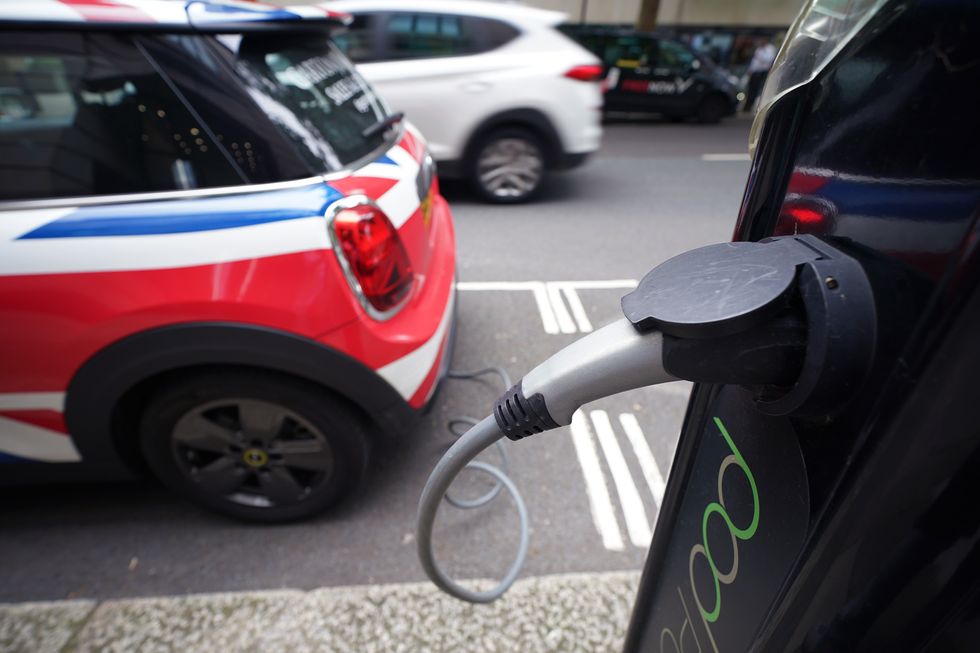
The second reading of the bill is expected to take place in June
| PARemoving the extra VAT charges has been a key policy for the AA, with a spokesperson highlighting how issues with off-street parking and expensive costs can be "a real hurdle".
They added: "There is clearly a desire from the Government to move to EVs and introducing incentives will only help with the transition to zero emissions."


